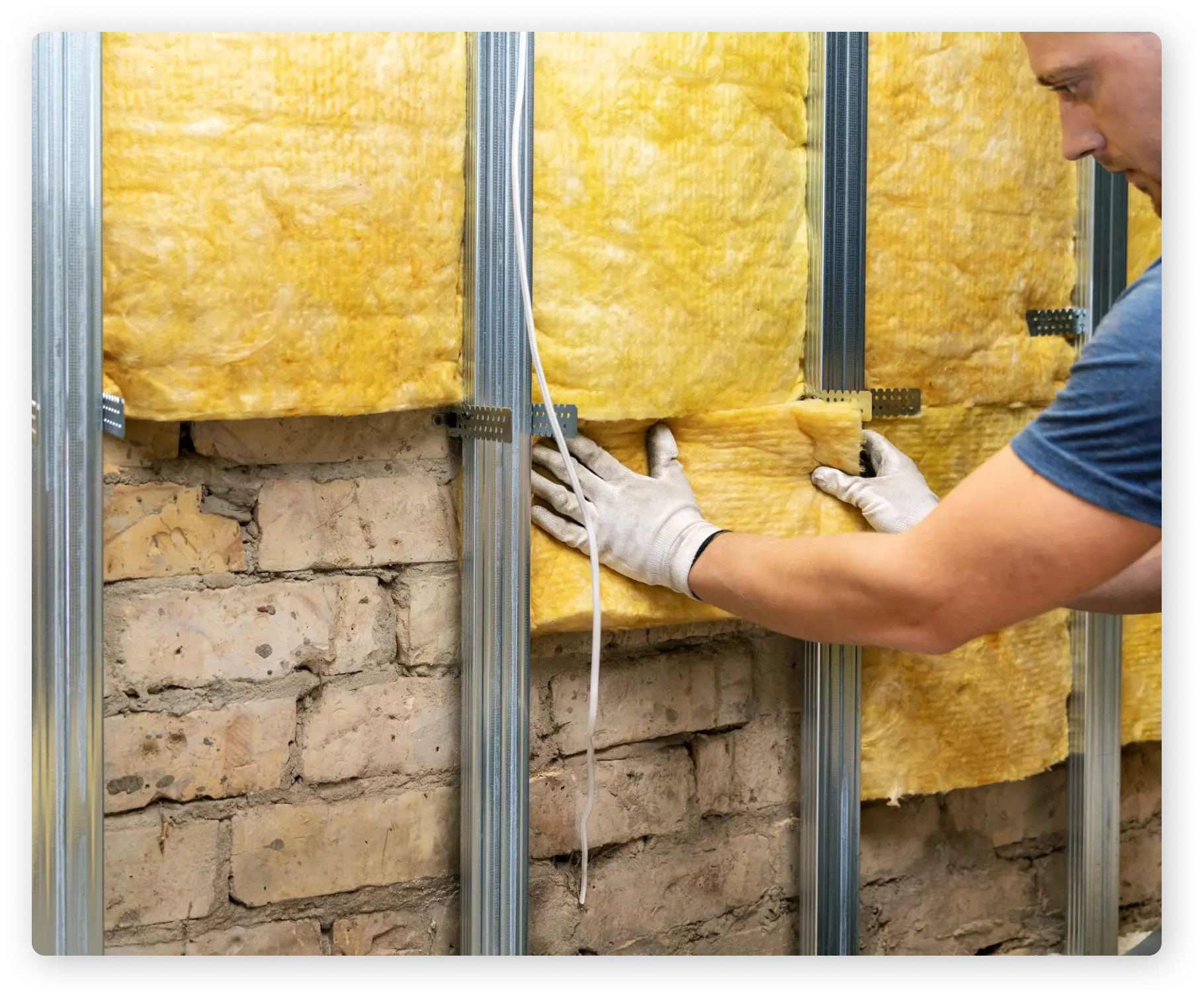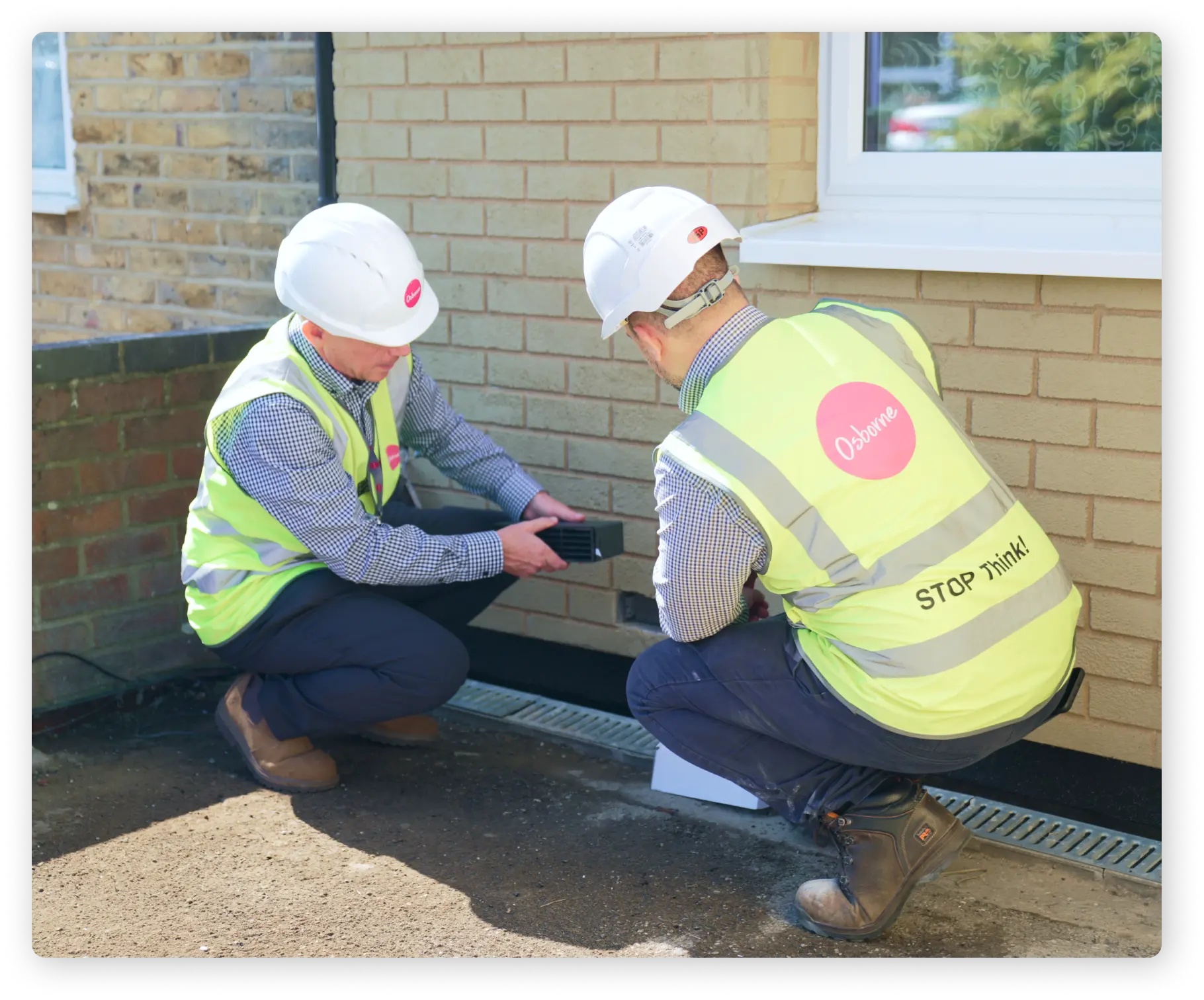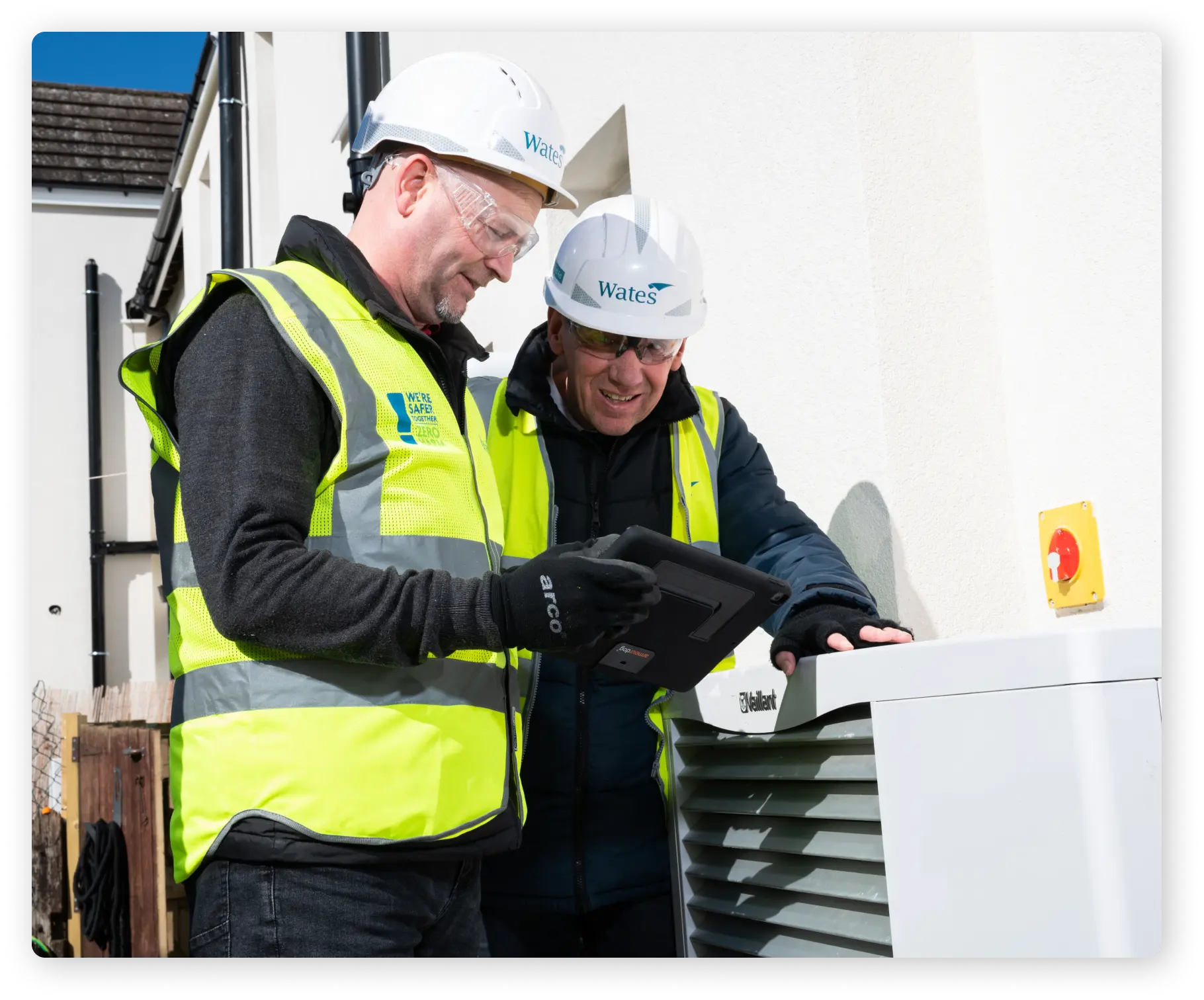PAS: About Publicly Available Specifications
Driving Quality, Consistency, and Sustainability
Setting the Standard for Retrofit Excellence
Publicly Available Specifications (PAS) are developed by the British Standards Institution to tackle urgent challenges, covering many critical sectors including climate change, digital infrastructure, innovation and more. Their fast-tracked development often makes them more favourable over lengthy legislation processes, drawing on input from industry experts and stakeholders to ensure these standards remain practical, relevant, and impactful.
Certain PAS standards play a vital role in shaping the future of retrofit. By establishing a clear framework of best practice, they support professionals in delivering meaningful change in the built environment while ensuring retrofit projects are high-quality, effective, and aligned with the UK’s net zero goals.
In the retrofit sector, the PAS series covers everything from domestic retrofitting to managing non-domestic building complications, providing the structure needed for consistent results. Adopting PAS standards ensures retrofit projects don’t just meet compliance but actively contribute to reducing carbon emissions and improving lives.
Why Are PAS Standards Important?
PAS standards are designed to ensure retrofit projects are delivered effectively in accordance with an industry-wide Code of Conduct. They provide:
- Clear, structured guidance for professionals involved in retrofit projects.
- Confidence for property owners and occupants that projects meet safety and efficiency benchmarks.
- Alignment with funding requirements, making it easier to access financial support from the government, which sponsored the development of the PAS and requires compliance with it to access most of its funding programmes.
According to the BSI’s Little Book of Net Zero, the UK’s net zero targets cannot be achieved without deliberate, structured action across all sectors. PAS frameworks enable businesses to play their part by addressing barriers like poor planning and inconsistent practices.
By following PAS standards, professionals can reduce energy demand, cut carbon emissions, and create more sustainable, future-ready spaces.

PAS 2030: Installing Energy Efficiency Measures
PAS 2030:2023 sets the standard for installing energy efficiency measures (EEMs), designed to ensure all work – such as insulation, ventilation, and heating system upgrades – is carried out safely, effectively, and in line with industry best practices. Sponsored by the Department for Business, Energy and Industrial Strategy (BEIS), it also covers the installation of advanced solutions, including low or zero carbon (LZC) technologies and smart controls.
Designed to complement PAS 2035, PAS 2030 focuses on the delivery phase of retrofits, ensuring installations align with broader project goals. Together, these standards guarantee high-quality outcomes, improving energy performance and providing long-term value for property owners.

PAS 2035: Managing Domestic Retrofits
First introduced in 2019, PAS 2035:2023 provides a structured framework for managing domestic retrofit projects, addressing common issues like damp, poor design, and energy performance gaps. It defines six key roles – Retrofit Advisor, Assessor, Coordinator, Designer, Installer and Evaluator – ensuring projects are carefully planned, executed, and evaluated to deliver long-term benefits.
By promoting a whole-house approach, PAS 2035 ensures all measures, such as insulation and efficient heating, work in harmony. Sponsored by the Department for Energy Security and Net Zero, it is central to the government-endorsed TrustMark Quality Scheme, making compliance essential for organisations accessing funding and delivering sustainable, high-quality retrofits.

PAS 2038: Retrofitting Non-Domestic Buildings
PAS 2038:2021 addresses the specific challenges of retrofitting non-domestic buildings, which contribute approximately 23% of the UK’s carbon footprint (as of 2020, outlined in the CCC’s Sixth Carbon Budget). This standard provides a clear framework for assessing, specifying, and installing energy efficiency measures while considering each building’s unique energy systems and occupancy needs.
With its whole-building approach, PAS 2038 ensures retrofit solutions are tailored to property types like offices, hospitals, and multi-residential buildings. Sponsored by the Department for Energy Security and Net Zero, it also emphasises post-project evaluation, ensuring predicted energy savings are realised while safeguarding occupant comfort, safety, and productivity.
Explore PAS With The Retrofit Academy
Your Partner in Retrofit Training and Resources
Becoming a Retrofit Academy Member – whether Professional or Corporate – gives you unparalleled access to resources and expertise on PAS standards. Our members benefit from:
- Up-to-date guidance on PAS 2030, PAS 2035, and PAS 2038.
- Opportunities to ask the experts your specific retrofit questions.
- Exclusive insights and best practices shared within our professional community.
- A wide range of learning resources, including CPD modules and process maps.
- Use of The Retrofit Hub for networking, knowledge-sharing, and ongoing support.
Membership isn’t just about staying informed – it’s about becoming part of a community dedicated to raising standards across the retrofit industry. With access to our expertise, you’ll have the tools, accreditation, and guidance needed to excel.